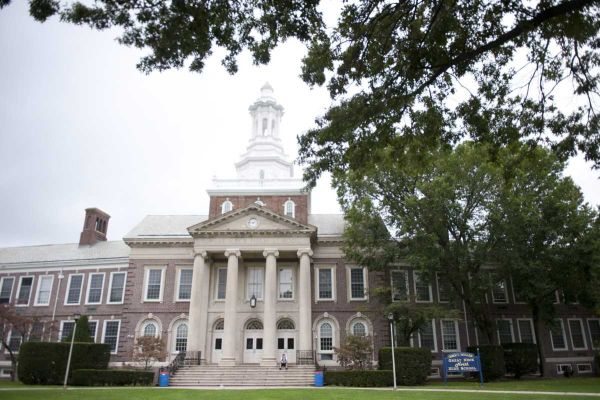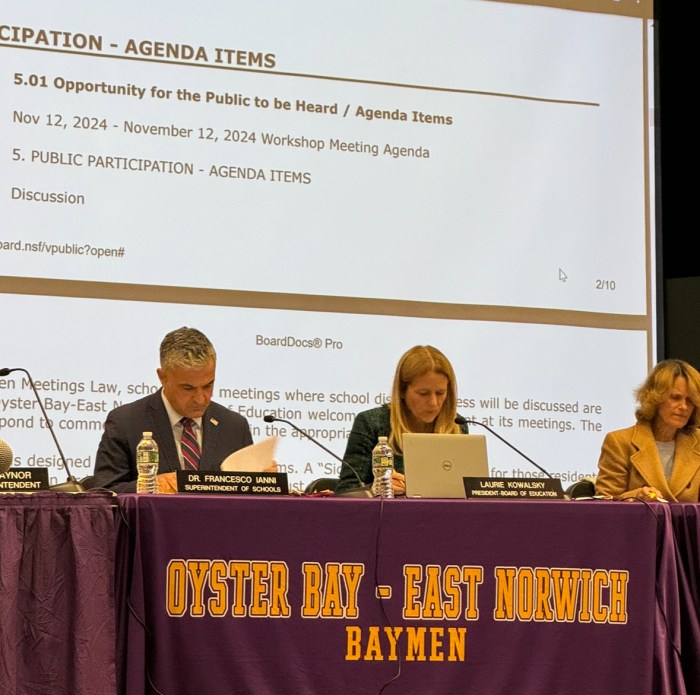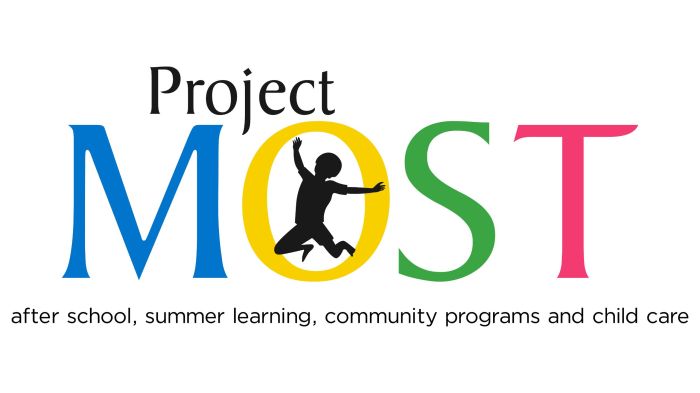
Help to Eat, Accept and Live. That is the motto behind Project HEAL, a nonprofit organization that raises funds to provide scholarships for those with eating disorders who are not able to afford treatment.
Co-founded by Nassau County residents Kristina Saffran and Liana Rosenman, Project HEAL promotes healthy body image and self-esteem in hopes of preventing future eating disorders. Saffran and Rosenman met while undergoing treatment for anorexia nervosa when they were just 15 years old. In helping each other reach full recovery, they realized they could extend their knowledge and support to others as well.
“We have seen firsthand so many eating disorder sufferers not being able to get the treatment that they so desperately need because of insurance issues or if they are lucky enough to get into a center, being kicked out because they are ‘medically stable’ just when they are beginning to scrape the surface on the real issues,” said Saffran, who also serves as the part time development director of the organization.
Since its founding in 2008, Project HEAL has raised more than $450,000 and sent 21 applicants to treatment. It has opened more than 40 chapters acro ss the U.S., Canada, Mexico and Australia, and according to Saffran, eating disorders are just as important to understand for those not undergoing treatment.
ss the U.S., Canada, Mexico and Australia, and according to Saffran, eating disorders are just as important to understand for those not undergoing treatment.
“When we returned to the ‘real world,’ we realized that the kids back at school were hesitant to talk about eating disorders,” said Saffran, adding that what was most disturbing to her was the element of glamour associated with anorexia.
A large part of Project HEAL is simply serving as a testament that full recovery from an eating disorder is possible. For Rosenman, it was a matter of restoring hope to young girls and showing them there was a light at the end of the tunnel.
“We really lacked hope. The few times that we had heard stories of girls who had recovered, it sparked that hope a little bit,” said Rosenman, who graduated from Hofstra University in 2014 and is currently a fifth-grade teacher. “We really wanted to serve as a role model and mentor to girls who thought, ‘I can never get better’ because we once were those girls who thought that very same thing.”
Initially, Rosenman thought that recovery from an eating disorder would be simple.

“I thought that when I entered treatment I would be like a car in the auto body shop. You go in, they fix you and you’re out like brand new. It doesn’t work like that,” she said. “Recovery is something you choose over and over again. The hardest part was accepting that it would not happen overnight.”
The girls, who are solely responsible for the program both nationally and internationally, have also partnered with 10 treatment centers that offer free treatment grants to aid in the recovery process for HEAL grant recipients. One of the main obstacles that those recipients had to overcome was realizing what makes a beautiful person.
“I had to redefine my image of beauty. I had to shift my mental image of the kind of person I aspired to be,” said Saffran, who needed to gain weight, but more importantly, realize what she valued in a person. “Qualities like intelligence, making a difference in the world, having meaningful relationships and being a good friend; none of these values could be known while I was still engaging in my eating disorder.”
In a society driven by appearance, it is easy to tell someone they are beautiful, but if they don’t see it, nothing anyone else says will matter.
“Society pushes young girls to conform to this entirely unrealistic standard of what beautiful is,” said Rosenman. “Less than 5 percent of the population naturally has a body shape similar to our standards in the media, but young girls don’t know this and they often develop unhealthy habits to conform to this standard of beauty that they will genetically never reach.”
According to Rosenman, clinics are beginning to see patients as young as 8 years old being admitted with eating disorders. However, she is glad to see the recent pushback in the media when it comes to this unrealistic standard, sighting Dove’s real beauty campaign, Aerie’s decision not to Photoshop models and countless other activists who have joined the movement to help.
“Full recovery from an eating disorder is possible and the two best predictors of recovery are early treatment and early intervention,” said Rosenman. “Eating disorders can cause serious medical problems including muscle loss, osteoporosis, dehydration, reproductive problems, kidney failure and even death.”

Rosenman and Saffran encourage anyone who thinks they might be struggling with an eating disorder to speak with their doctor, friends and family about their concerns. They also recommend taking a free, confidential screening for eating disorders on the National Eating Disorder Association webpage.
“The first step is admitting that you have a problem, but the harder step is making the actual behavioral changes that are required to recover,” said Saffran, whose own road to recovery was not an easy process. “I knew how manipulative my eating disorder could be, so I had to make a pact with myself to eat 100 percent of my meal plan, no matter what my thoughts told me. As eating normally became less novel, the thoughts began to lessen.”
Project HEAL has grown in outreach with the help of many supporters, boasting dozens of celebrity sponsors who help garner attention, as each organization’s chapter successfully enhances and promotes the brand on a regional level through fundraisers, awareness events and speaking engagements.
Both Rosenman and Saffran have dedicated their lives to recovery and helping others do the same.
“Recovery has taught me that life is now beyond my imagination. I see and experience life in ways I never thought possible,” said Rosenman, who said that she lost herself during her struggle with anorexia. “Recovery is about courage and about finding beauty everywhere in the world—including myself. It is about acc eptance of my body and about accepting that life is not perfect, but that’s okay.”
eptance of my body and about accepting that life is not perfect, but that’s okay.”
For Saffran, recovery means shifting priorities and refocusing. Last year, she graduated from Harvard College with a bachelor’s degree in psychology and is currently working as a research coordinator in the department of psychiatry at Stanford University in California. She hopes to pursue her PhD in clinical psychology and go on to treat people with eating disorders.
“Recovery is living a life that is so full and meaningful that I don’t even really have time to think about food and appearance,” said Saffran, who considers herself fully recovered. “I have gotten to know myself inside and out, and have learned to be more forgiving of myself. Seven years in recovery is amazing and I can’t wait to see what the next chapter brings.”
For more information about Project HEAL, visit www.theprojectheal.org and their Facebook page at www.facebook.com/ProjectHEAL .
































